The BlackLight Summit Celebrates the Artistry of Dance and Drag
A highlight of this weekend's University of Maryland event include the afterGLOW Drag Show on Saturday, Feb. 11 at Dance Place.

“I’m a huge lover of drag,” says Tariq Darrell O’Meally, artistic coordinator for dance and theater at the University of Maryland. “The thing that I love about drag is how these queer magic-makers are able to be vulnerable and bring their interior out, and allow that to activate inside of other people.”
Drag as performance art has, over the years, become a central feature of the BlackLight Summit, an annual festival presented by The Clarice at the University of Maryland. O’Meally is the summit’s lead curator.
“I don’t really see a distinction between the work, let’s say, that King Molasses does versus any of the BlackLight dance artists that we are presenting,” he says. “So yes, something that I’m centering, really even more, and prioritizing is drag.”
O’Meally has increased the number of drag artists performing in the summit’s official afterGLOW Drag Show, co-presented by and hosted at Dance Place. Pussy Noir will host the evening, which will feature performances by King Molasses, The Bumper, Drux Sidora, Steal Ya Manz, Blac Dynamite, and Aisha Noir.
Now returning for its third year, the BlackLight Summit is a three-day festival of performances, keynote speeches, workshops, and panel discussions, all geared to queer and BIPOC dancers and choreographers as well as educators and scholars.
“The Clarice’s BlackLight Summit is a convening that envisions dance as a conduit to galvanize resilience and inventiveness,” reads the official description. This year’s event comes at a time when what is needed, as the description puts it, is “some R&R — not rest and relaxation, but risk and regeneration, perhaps even rage and repair.”
“[The summit is] recognizing that as these artists continue to do their work, and that it could be at great personal cost,” O’Meally says. That’s certainly true of those artists who perform in drag, who are increasingly being targeted and harassed, and their events protested and canceled, by anti-LGBTQ conservative activists around the country.
“There are other places in which this work, these people, these human beings, are trying to be erased and buried,” he says. “So there’s a level of vigilance. And I think something that’s important to me in terms of afterGLOW is to continue to humanize and celebrate [drag artists].”
This year’s afterGLOW program, occurring at Dance Place on Saturday, Feb. 11, at 8:30 p.m., will be preceded at 7 p.m. by a panel discussion — “Last Night the DJ Saved My Life: Who Heals the Healers?” — which explores some of the thornier issues affecting the life and work of both those who perform and those who present drag artists. In conversation, O’Meally uses protectors and caretakers interchangeably with healers.
“AfterGLOW is really [building off] of Blacklight’s theme [of] risk and regeneration, new tools for new awareness,” he says. “Thinking about how we honor the art, but also the bodies that produce that art. [The panel discussion focuses on] the work that goes into supporting nightlife, which is usually the DJs, the drag queens, the bar owners, the bartenders. How much work it takes to help people celebrate and have fun and enjoy themselves and find community. But reflecting on what the cost of that is [and] to contextualize that, while we are celebrating this work. It is labor, and so many of these people who are doing it, specifically the drag performers, particularly in D.C., aren’t making a livable wage. Which leads into housing insecurity and these different things.
“So really one of the goals for me,” he continues, “is to really [position] drag performance…at the center and not just something that’s happening while at the bar. Just to celebrate these performers.”
In addition to praising Pussy Noir and afterGLOW producer Robert Woofter of Haus of Bambi, O’Meally singles out King Molasses, the returning afterGLOW performer who this year is also serving as a movement guide and opening act for one of the BlackLight keynote speeches.
“Every time I see a performance of King Molasses,” O’Meally says, “they are always present in their body and their being, and they also always bring some type of new thing. You can see the work and the rigor of that. I’ve seen a lot of drag. And Mo is one of the best drag people I’ve ever had the pleasure of seeing. Their work, it’s an art, the way that they express themselves, that is not dissimilar from the work that we do in quote-unquote official choreography. All of it is storytelling.”
O’Meally also singles out two local dance artists participating in this year’s BlackLight: Shanice Mason and Jamison Curcio, who are leading the Movement Workshop, “You Are The Key: Unlocking New Doors to Enter into a New World,” on Saturday, Feb. 11, at 10:30 a.m. “They are doing a duet that is incredibly beautiful and expansive through our space,” O’Meally says.
Mason and Curcio also factor into this year’s “Keep The Light On” performance series, along with fellow BlackLight headlining artists Michael J. Love, Mark Caserta, Christian A. Warner, and Symara Johnson. Set for Thursday, Feb. 9, and Friday, Feb. 10, at 7 p.m., in The Clarice’s Dance Theatre, O’Meally describes the performances as “a series of different works that are about how we’re growing and changing.”
Ultimately, O’Meally sees a major thrust behind BlackLight as playing an educational role for “the current and future caretakers, [and] just thinking about education and what education could mean. It can be about raising and training people [who] ultimately take care of each other.”
“In the most focused sense, the summit is for BIPOC and LGBTQIA+,” O’Meally says of the event’s target audience. “It’s for millennials. It’s for college students. It’s for people who are trying to find their village, their community. It’s for people who have more questions than they do answers. It’s for people who are willing to walk patiently to a better way of living and being.”
BlackLight Summit 2023 is Thursday, Feb. 9, through Saturday, Feb. 11, at the Clarice Performing Arts Center, 8270 Alumni Dr., Ste. 3800, on the University of Maryland’s College Park campus. Events, both those that are in-person and livestream, are free and Pay-What-You-Can. Visit www.theclarice.umd.edu/bls or call 301-405-2787.
The afterGLOW Drag Show is Saturday, Feb. 11, at 8:30 p.m. at Dance Place, 3225 8th St. NE. Tickets are in suggested amounts of $20 to $50. Visit www.danceplace.org or call 202-269-1600.
Support Metro Weekly’s Journalism
These are challenging times for news organizations. And yet it’s crucial we stay active and provide vital resources and information to both our local readers and the world. So won’t you please take a moment and consider supporting Metro Weekly with a membership? For as little as $5 a month, you can help ensure Metro Weekly magazine and MetroWeekly.com remain free, viable resources as we provide the best, most diverse, culturally-resonant LGBTQ coverage in both the D.C. region and around the world. Memberships come with exclusive perks and discounts, your own personal digital delivery of each week’s magazine (and an archive), access to our Member's Lounge when it launches this fall, and exclusive members-only items like Metro Weekly Membership Mugs and Tote Bags! Check out all our membership levels here and please join us today!






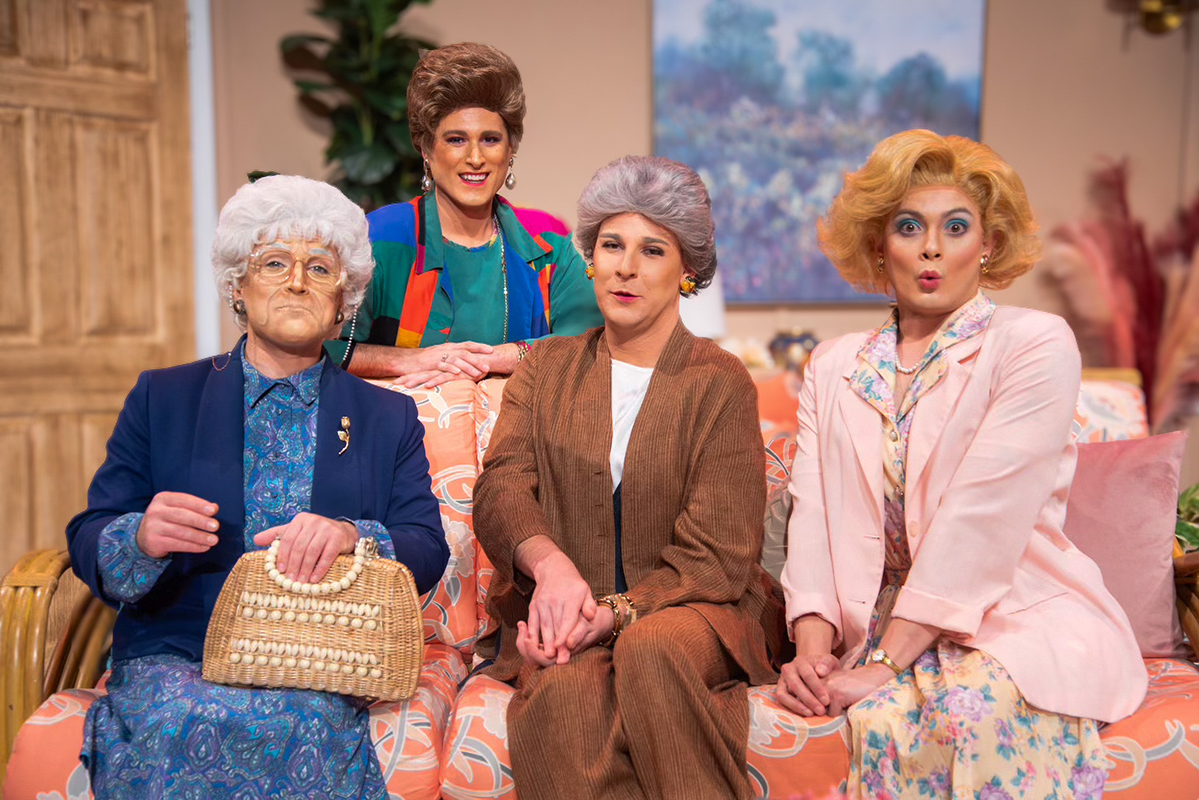
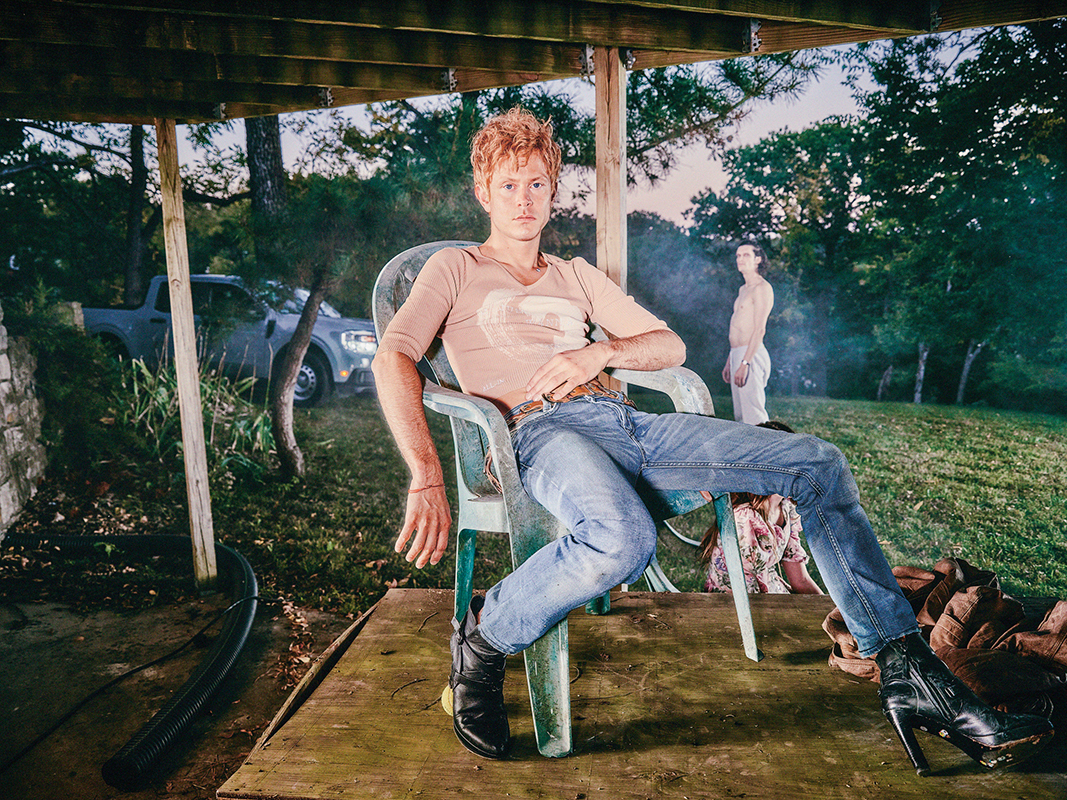
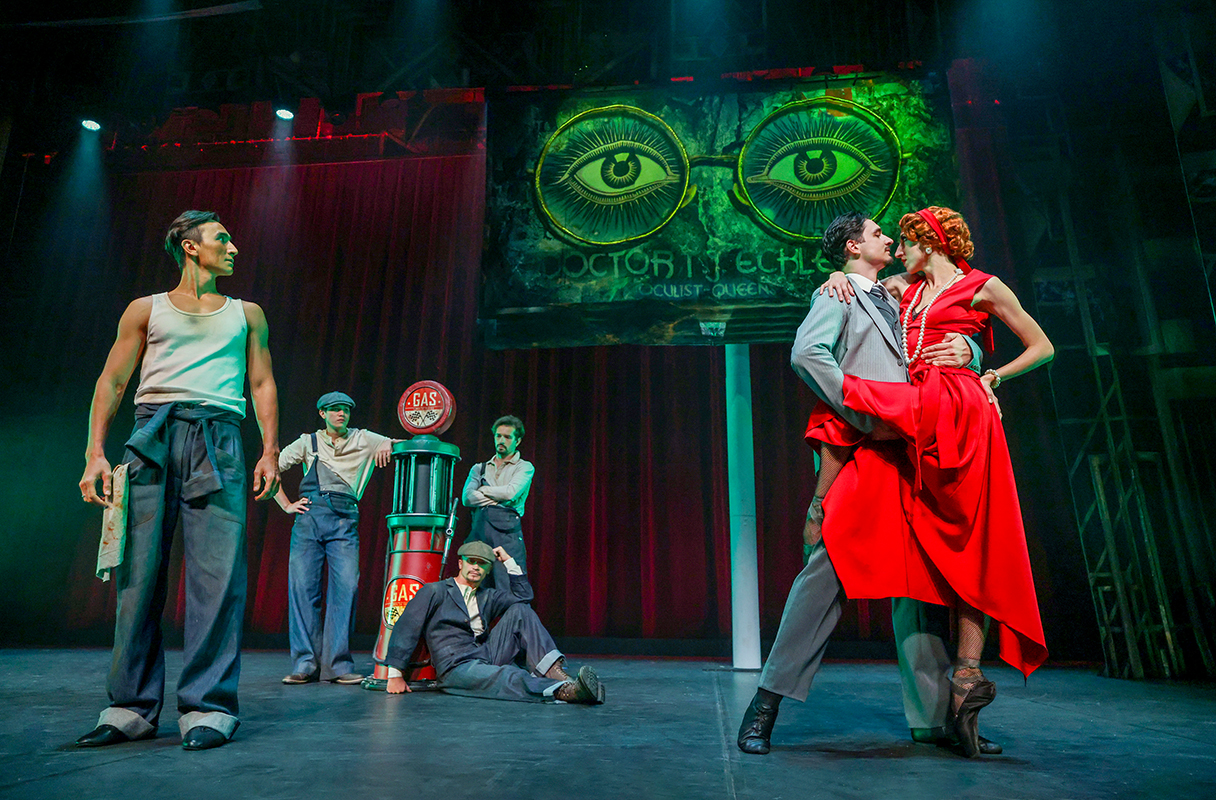
















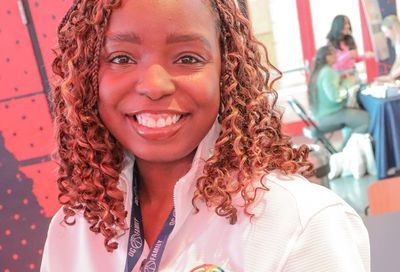
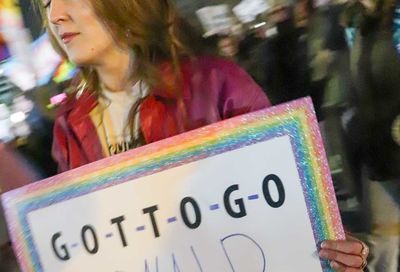
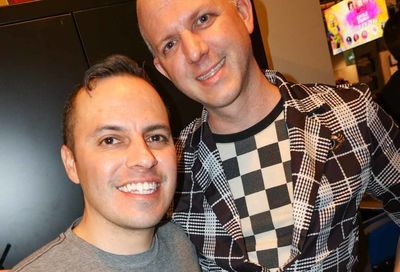
You must be logged in to post a comment.